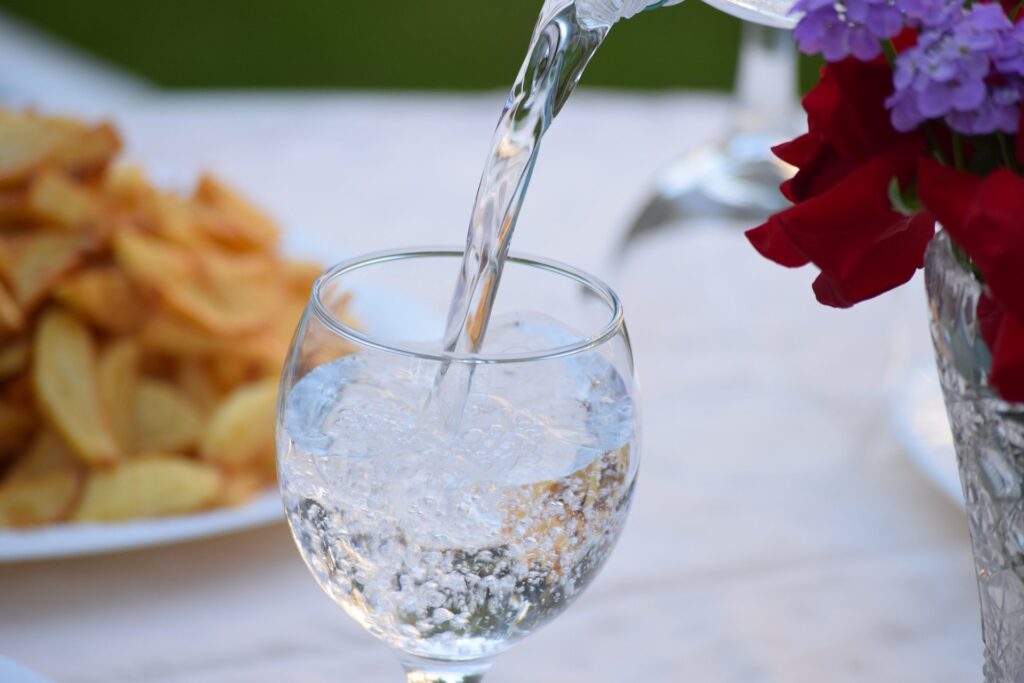One of the most common complaints about a plumbing system is the presence of hard water within the home. Hard water is problematic because it can be harmful to your plumbing system as a whole and it negatively affects how you and your family use your plumbing system. At Water Quality Solutions we will help you with your hard water related issues. We expertly install, maintain, and repair water softeners for both local homeowners and commercial properties. We carry top rated water softeners, ensuring our clients get the best water treatment products available.
When you hire our professionals to install or repair your water softener, you can feel confident knowing that you chose the best team for the job. In every task we conduct, our goal is to maximize customer satisfaction by providing the highest quality and most customized services possible.
Don’t hesitate to call us today if you are in need of a professionally licensed plumber to install or repair a water softener in your home. Our polite and knowledgeable staff is here to assist you in any way that we can. Our water conditioning experts can answer any hard water related questions that you may have. Let’s schedule your appointment today!

